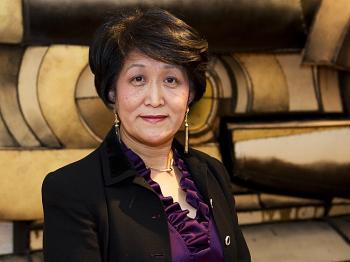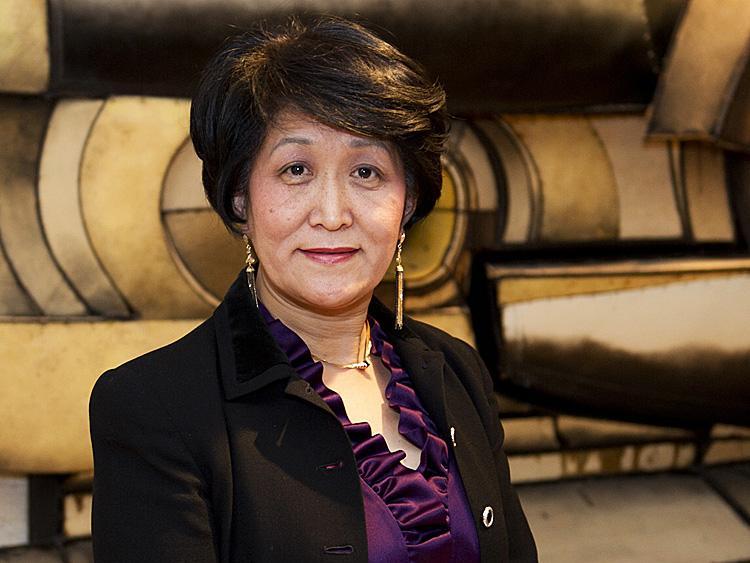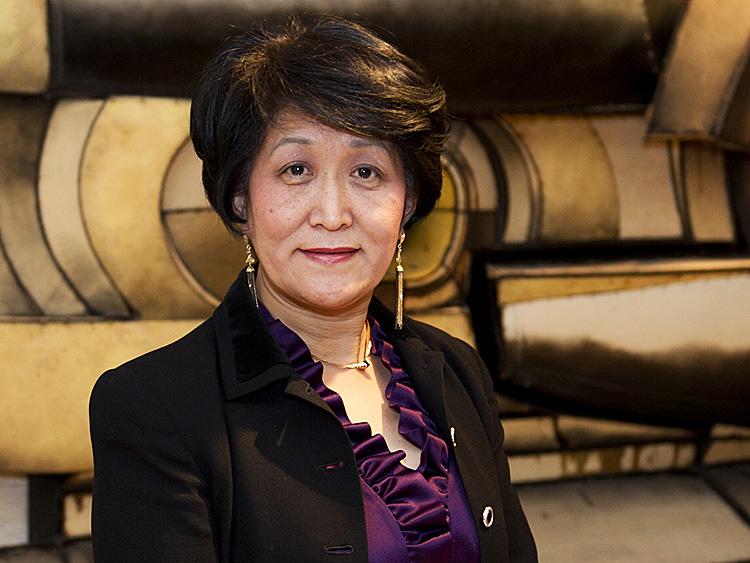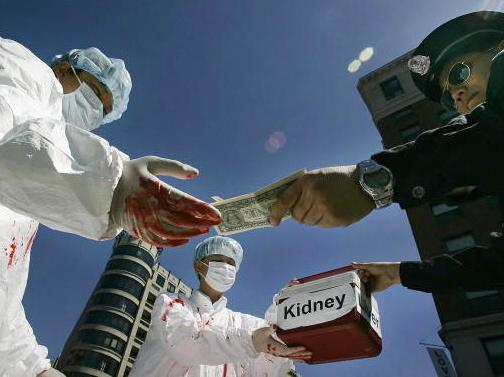Opinion
Wenyi Wang: Why I Protested Hu Jintao at the White House
In 2006, Wenyi Wang made headlines globally by interrupting China’s paramount leader Hu Jintao during a White House speech. Why did she do it?

Wenyi Wang pictured in the lobby of Lincoln Center in New York on January 16, 2011. Dai Bing/Epoch Times Staff
|Updated:



